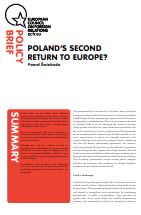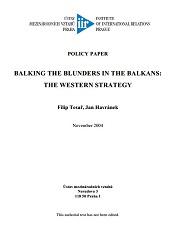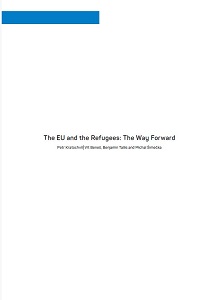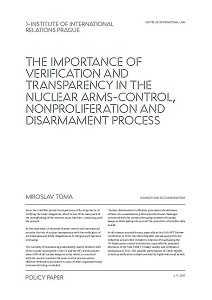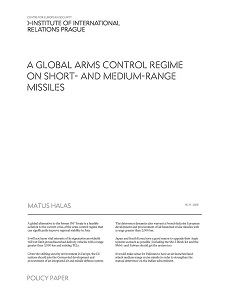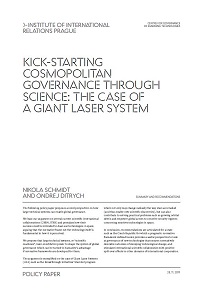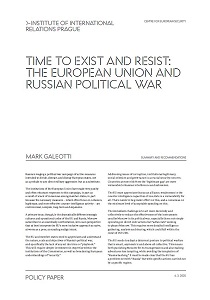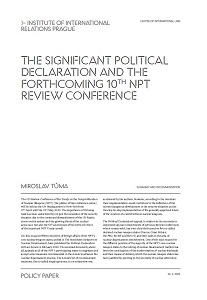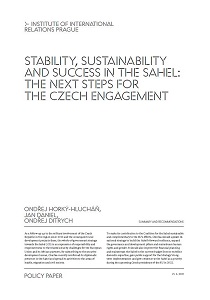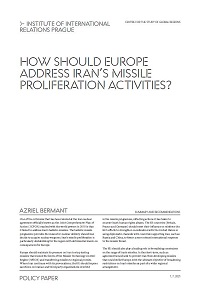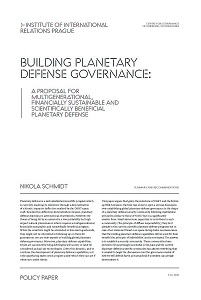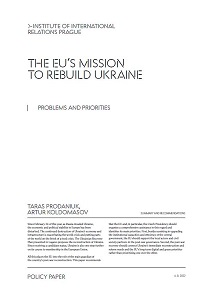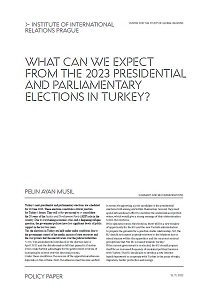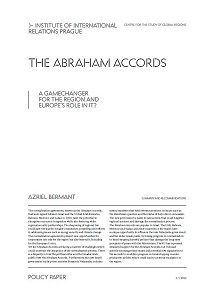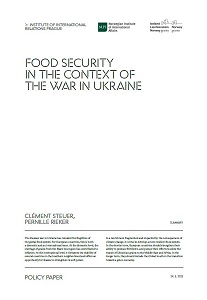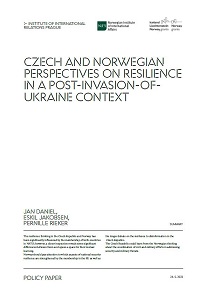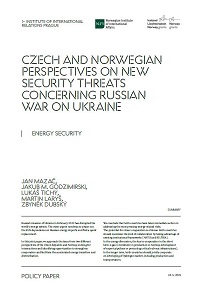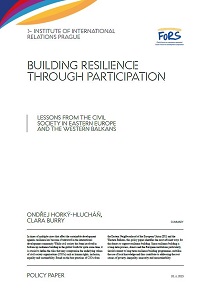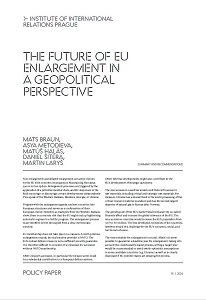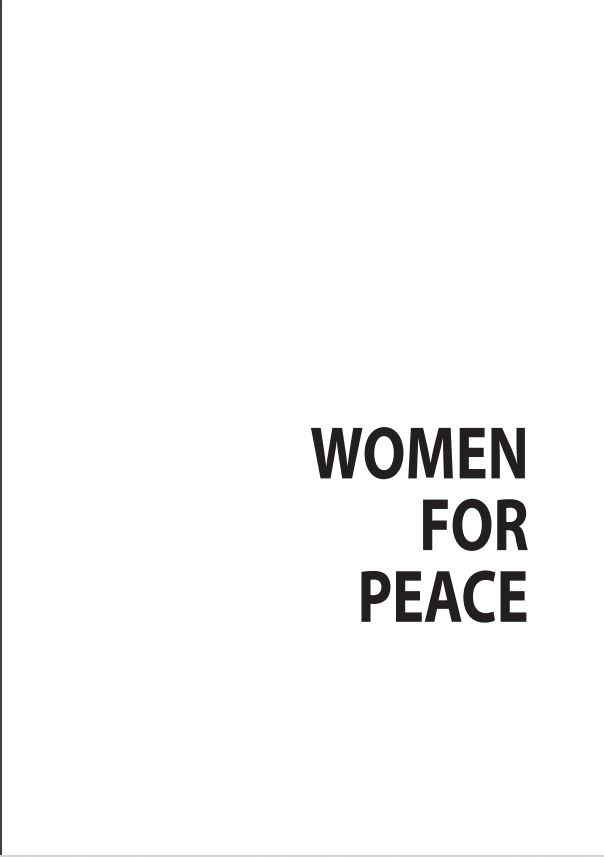Time to exist and resist: the European Union and Russian political war
Author(s): Mark Galeotti / Language(s): English
Keywords: European Union; Russia; Political war; diplomacy; Kremlin; Geopolitics; political warfare;
Russia is waging a political war campaign of active measures intended to divide, distract, and dismay European states, not as a prelude to any direct military aggression but as a substitute. The institutions of the European Union have made very patchy and often reluctant responses to this campaign, in part as a result of a lack of consensus among member states, in part because the necessary measures – which often focus on cohesion, legitimacy, and more effective counter-intelligence activity – are controversial, complex, long-term and expensive. A primary issue, though, is the dramatically different strategic cultures and operational codes of the EU and Russia. Moscow subscribes to an essentially confrontation, zero-sum perspective that at best interprets the EU’s more inclusive approach as naive, at worse as a pose, concealing malign intent. The EU and member states need to appreciate and understand the nature, scale and objectives of Russia’s political war, and specifically the lack of any set doctrine or “playbook.” This will require deeper investment in expertise within the institutions of the Commission, as well as broadening European understandings of “security.” Addressing issues of corruption, institutional legitimacy, social cohesion and governance is a crucial security concern. Countries at most risk from the ‘legitimacy gap’ are more vulnerable to Russian interference and subversion. The EU must appreciate that as an alliance, weaknesses in the counter-intelligence capacities of one state is a vulnerability for all. There needs to be greater effort on this, and a consensus on the minimum level of acceptable spending on this. The immediate challenge is to act more decisively and collectively to reduce the effectiveness of the instruments used by Moscow in its political war, especially those not simply operating on direct instructions but “adhocrats” seeking to please Moscow. This requires more detailed intelligence gathering, analysis and sharing, which could fall within the remit of INTCEN.
More...
